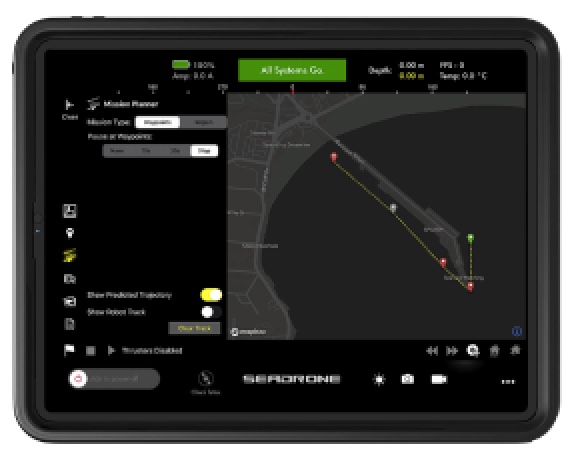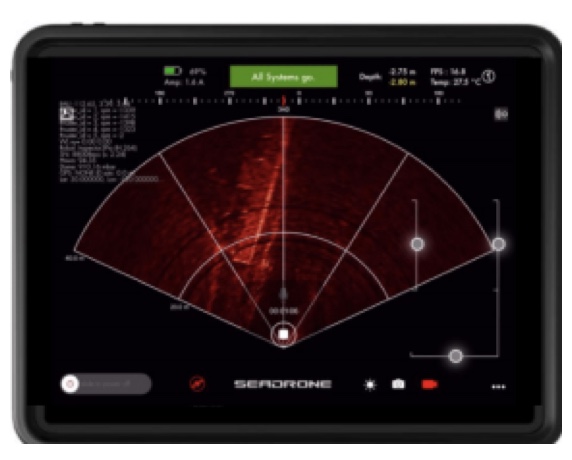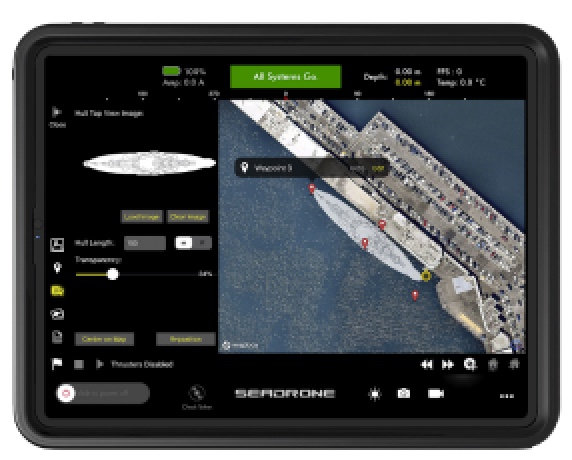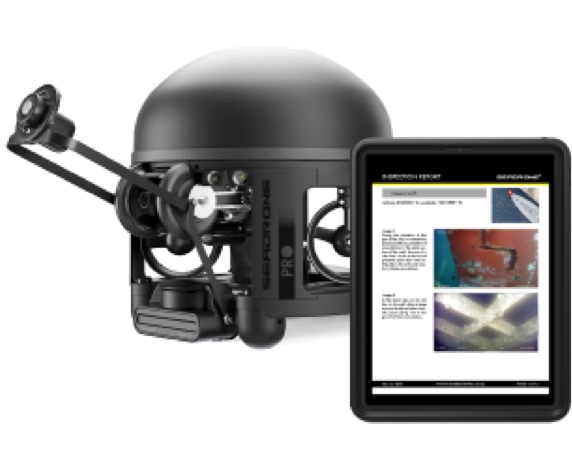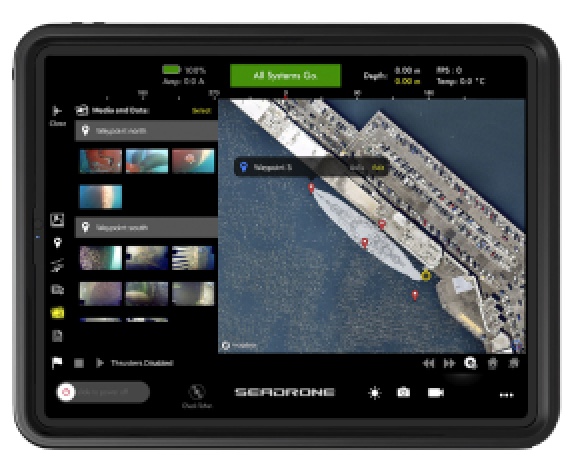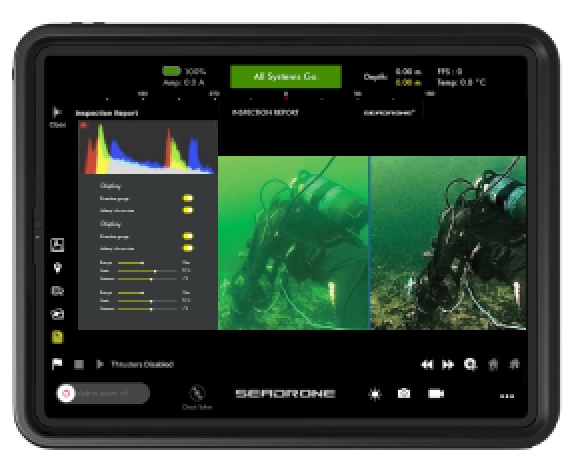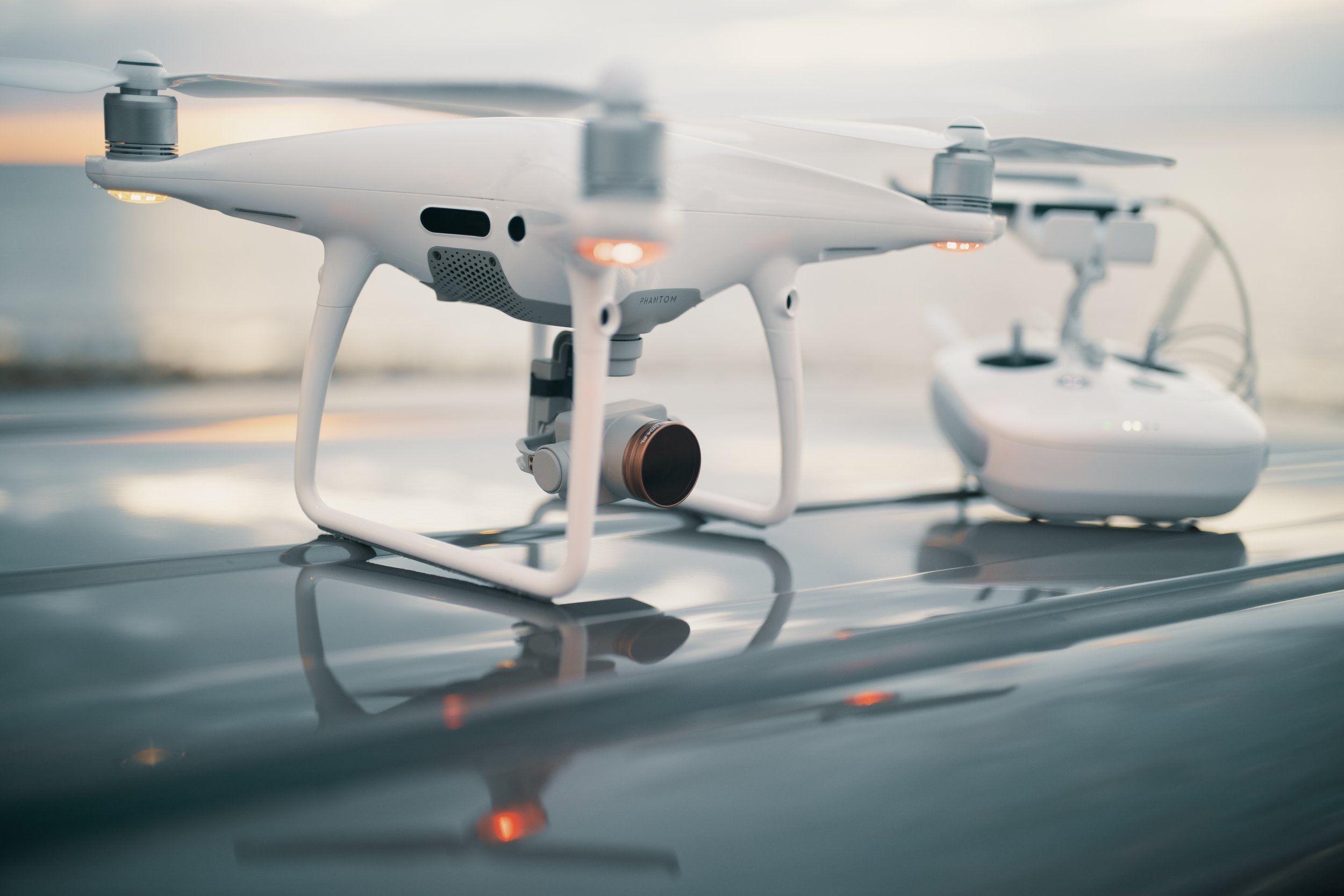U.S. Legislators introduced a bill in September that would ban federal funds from purchasing drones made by China manufacturers. The proposed bill, American Security Drone Act of 2019, intends to block U.S. agencies from using “sophisticated technology that could allegedly leak sensitive data to Beijing,” the Financial Times reports.
There have been massive concerns about the national security risks of using drones from Chinese manufacturers for years. The bill has received bipartisan support amidst the growing tensions between the U.S. and China. DJI is the most dominant Chinese drone maker and, according to experts, has cornered the aerial drone market with products like the DJI Phantom quadcopter. Buoying the bill are accusations that DJI has been “undercutting competition” and attempting to “get access to sensitive US infrastructure data,” the Financial Times reports.
Consequences Behind the Potential Sales Ban on Chinese Drones
In light of the national security risks and concerns, U.S. companies have already started to separate their products and services from Chinese drone makers, in particular, DJI. For example, Bloomberg News reported that Cape, a California-based startup, plans to stop selling software built for DJI drones. According to Bloomberg News, dozens of state and local law enforcement and public safety agencies rely on Cape’s software to operate and capture drone footage. With Cape informing its customers that it will no longer sell software to support the use of Chinese drones from DJI or other manufacturers, Cape’s customers will be forced to find a different vendor to replace Cape or switch to the U.S.-made drone alternatives that Cape will support.
However, breaking away from Chinese drones is harder than it sounds. In July 2019, the Interior Department published a report recommending that the department limit its use of DJI drones to non-sensitive missions. The department reluctantly recommended DJI drones because the technology brings a lot of value. The reality is that many military, police, and public agencies rely on drone technology for public safety, surveillance, and monitoring efforts. Bloomberg reports that “one reason the department cited for approving DJI was the lack of any viable domestic alternatives.”
Similarly, the Los Angeles Fire Department is reported to have 10 DJI drones that it deploys to survey damage after fires. The Financial Times reports that LAFD battalion chief Richard Fields claims that the sales ban would have a massive impact on fire safety as well as public safety.
In addition to the impact on military, police, and public agencies, consider the impact on US private companies that rely on this drone technology -- from real estate photography to oil and gas field surveys to farming and agricultural applications.
The Opportunity for U.S. Drone Makers
The wide-ranging commercial uses of drones and autonomous robotic technology are not going away anytime soon. From increasing surveillance efficiency, improving accuracy, cutting costs, and reducing human safety risks, drone technology delivers numerous benefits that companies rely on to solve big problems in their industries.
BLVK UNICORN PREMIUM E-LIQUID
This means that if the American Security Drone Act of 2019 passes in Washington, it will open up the opportunity for U.S. drone makers to fill the gap left by Chinese drone companies. The consequences will be far-reaching in multiple industries, not only the aerial drone market but also the underwater robotics market.
However, the current landscape of the U.S. drone market suggests that there are no clear challengers who are ready to step up to fill the gap left by Chinese drone and robotics manufacturers. The biggest challenge that the US market faces is lagging investment and development in drone technology compared to the investment from the Chinese companies and investors. As Bloomberg News reports, U.S. “Government officials and American investors have long pined for a competitive drone industry in the U.S., but China has established a stranglehold.”
There is certainly no lack of ambitious U.S. companies who are trying to plug this gap in the drone market. However, the lack of investment in the U.S. private sector for drone technology has so far served as a headwind against the industry. There are government agencies, such as the U.S. Air Force, that are soliciting information from privacy industry on domestic production of “unmanned aerial system”. But a groundswell of support is still severely lacking.
With DJI and other Chinese drone makers potentially pushed out of the market as well as huge demand from U.S. public agencies, will the U.S. seize the opportunity to build a competitive drone industry?
